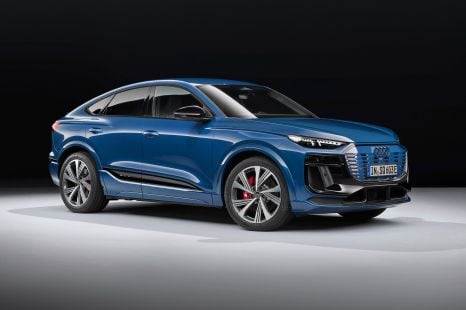

William Stopford
2026 Audi Q6 and SQ6 Sportback price and specs
10 Minutes Ago

Contributor
The new second-generation Hyundai Palisade will follow its smaller Santa Fe sibling in ditching diesel power and offering only a choice of four-cylinder petrol engines.
Previously leaked information had shown the 2.2-litre four-cylinder turbo-diesel engine powering the current Palisade would be dropped in the new model, but it’s now been confirmed the large SUV will also go without the option of a V6 petrol engine.
Instead, a turbocharged 2.5-litre four-cylinder petrol engine will exclusively power the Palisade, though it’ll also be available with hybrid assistance to increase efficiency and outputs.
Australian deliveries of the new Palisade are expected to begin in 2025.
100s of new car deals are available through CarExpert right now. Get the experts on your side and score a great deal. Browse now.
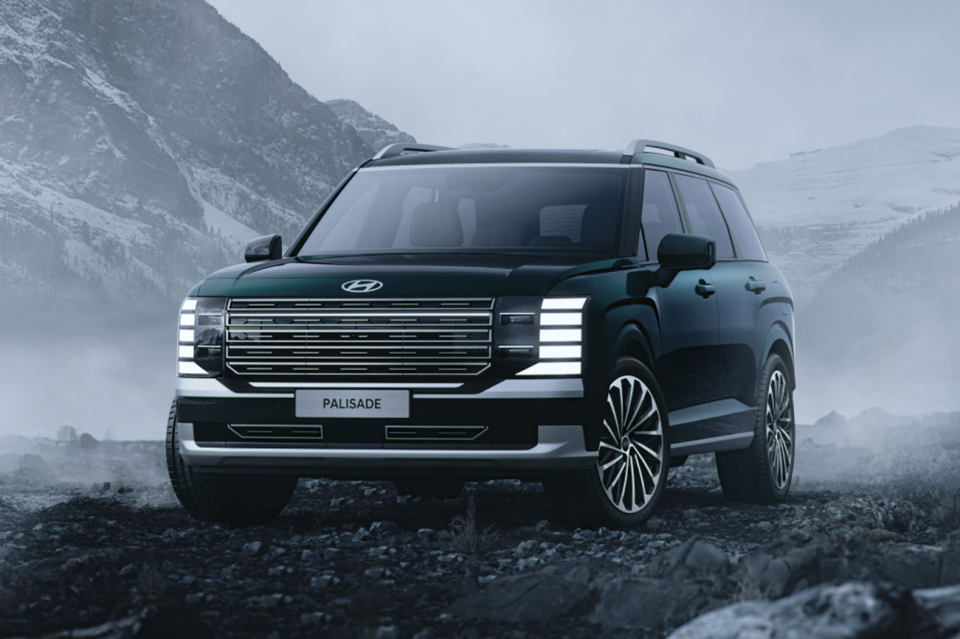
Below are the outputs of the current (2025) Palisade and the upcoming new-generation model (2026).
| 2025 Hyundai Palisade turbo-diesel | 2025 Hyundai Palisade petrol | 2026 Hyundai Palisade petrol | 2026 Hyundai Palisade hybrid | |
|---|---|---|---|---|
| Engine | Turbocharged 2.2-litre four-cylinder | 3.8-litre V6 | Turbocharged 2.5-litre four-cylinder | Turbocharged 2.5-litre four-cylinder |
| Power | 147kW | 217kW | 207kW | 246kW |
| Torque | 440Nm | 355Nm | 422Nm | 353Nm (engine) 264Nm (electric motor) |
| Transmission | Eight-speed automatic | Eight-speed automatic | Eight-speed automatic | Six-speed automatic |
| Drive type | All-wheel drive | Front-wheel drive | Front- or all-wheel drive | Front- or all-wheel drive |
| Fuel consumption (claimed, South Korean lab tests) | 8.6-8.8L/100km | 10.8-11.1L/100km | 10.3-11.5/100km (FWD)11.5-12.2L/100km (AWD) | TBA |
| CO emissions | 157g-170g/km | 183-188g/km | 174-195g/km (FWD)193-207g/km (AWD) | TBA |
The incoming petrol engine is thirstier than both the turbo-diesel and V6 it replaces in certain conditions, while it also offers minimal or increased emissions outputs – which will lead to it being more harshly penalised under the New Vehicle Efficiency Standard (NVES).
Though Hyundai is yet to detail fuel and emissions savings for the hybrid, it’s likely to be close or on par with the outgoing turbo-diesel.

Hyundai has also confirmed the dimensions for the new Palisade, which has grown across every measurement.
| 2025 Hyundai Palisade | 2026 Hyundai Palisade | |
|---|---|---|
| Length | 4995mm | 5060mm |
| Width (excl. mirrors) | 1975mm | 1980mm |
| Height | 1750mm | 1805mm |
| Wheelbase | 2900mm | 2970mm |
| Kerb weight | 1980-2065kg | 1985-2165kg (petrol only, hybrid TBA) |
The Palisade will be available in South Korea with wheels ranging from 18 to 21 inches in diameter.
Its ‘pixel’ lighting elements consist of five wide daytime running light segments, bookending the headlight clusters that push right up to the grille.
New exterior colours include Ecotronic Grey Pearl, Cast Iron Brown Pearl, Galaxy Maroon Pearl, and Crazy Blue Pearl.
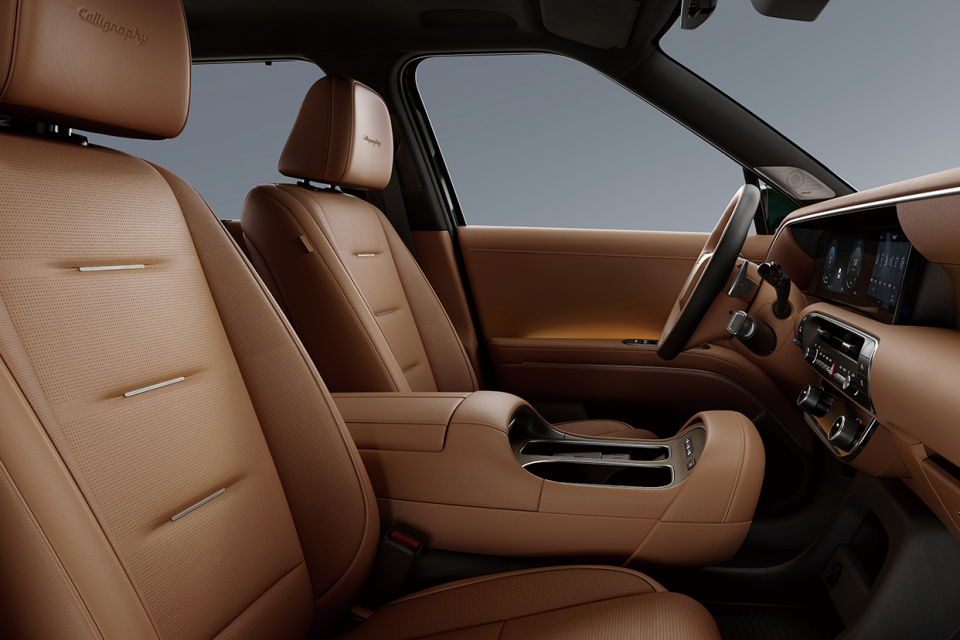
Inside, there’s a 12.3-inch digital instrument cluster and 12.3-inch infotainment touchscreen neatly tucked into the dash. On the passenger side, the dashboard appears scooped out and inside there’s striated wood-look trim and ambient lighting elements.
The centre stack features a pod containing what appear to be physical buttons for functions like the stereo, while below this is a pod containing climate controls.
Its centre console is split between what appears to be a shelf at floor level, and a floating ‘peninsula’ containing cupholders, USB-C outlets, and a wireless charging pad.
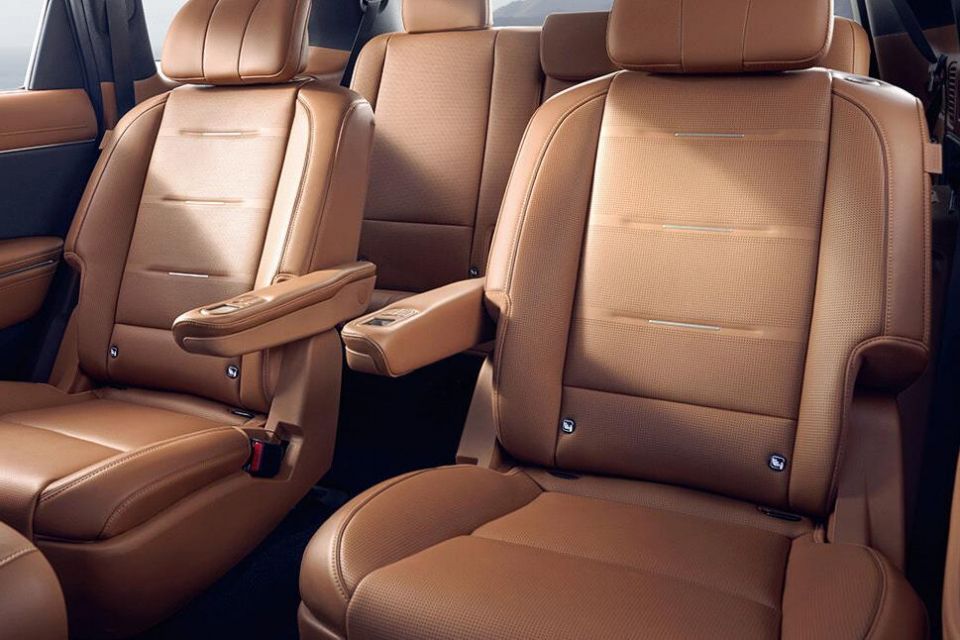
South Korean buyers can option the Palisade with either seven or nine seats, though it’s likely only the former will come to Australia.
Hyundai has increased the prices of the Palisade range in South Korea by about 10 to 15 per cent, which could mean an entry price above $70,000 in Australia.
The Hyundai Palisade is currently priced between $66,800 (V6 Elite) and $79,988 (Calligraphy Black Ink) before on-road costs in Australia.
Where expert car reviews meet expert car buying – CarExpert gives you trusted advice, personalised service and real savings on your next new car.
Born and raised in Canberra, Jordan has worked as a full-time automotive journalist since 2021, being one of the most-published automotive news writers in Australia before joining CarExpert in 2024.


William Stopford
10 Minutes Ago
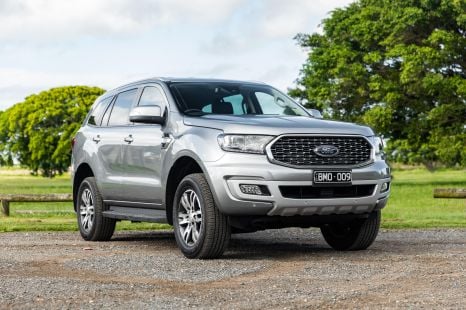

William Stopford
2 Days Ago
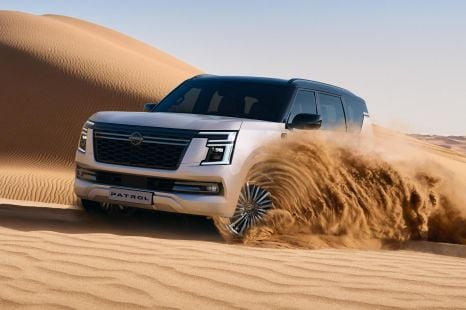

James Wong
5 Days Ago
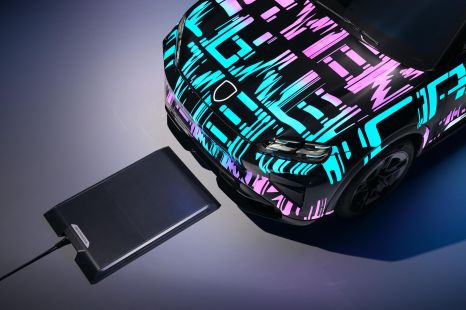

Derek Fung
9 Days Ago
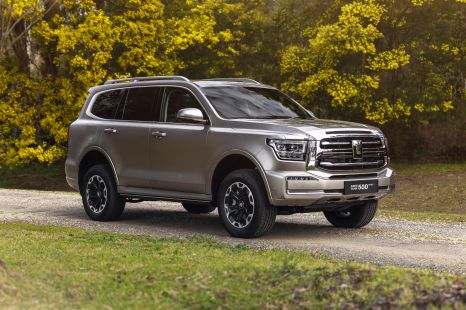

William Stopford
11 Days Ago
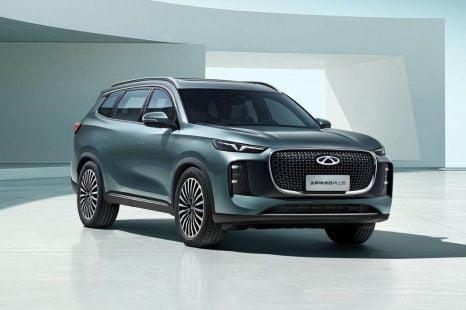

William Stopford
17 Days Ago